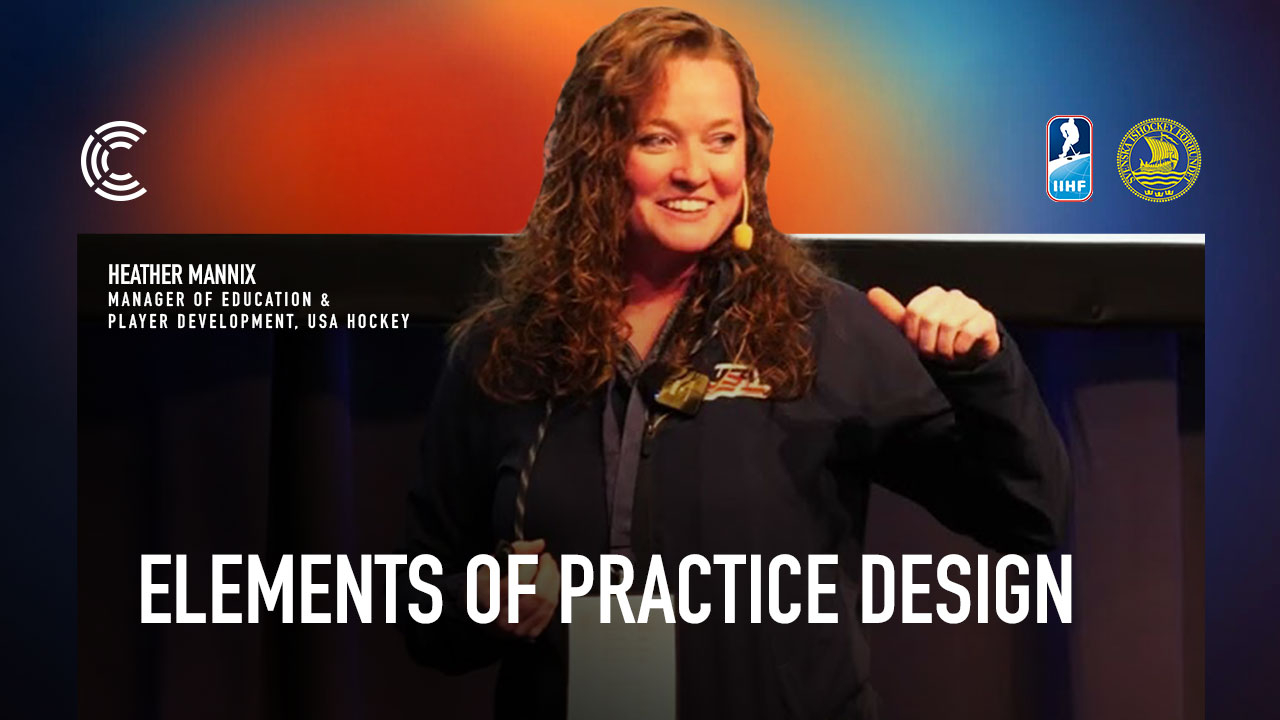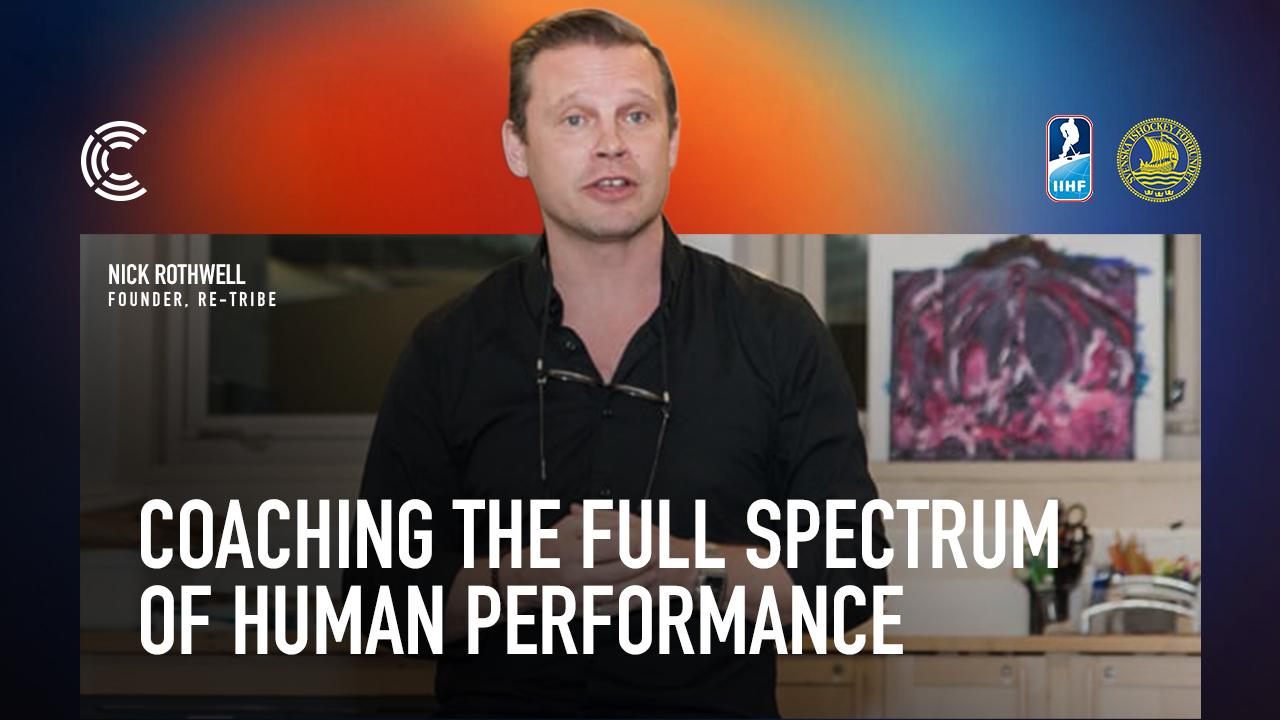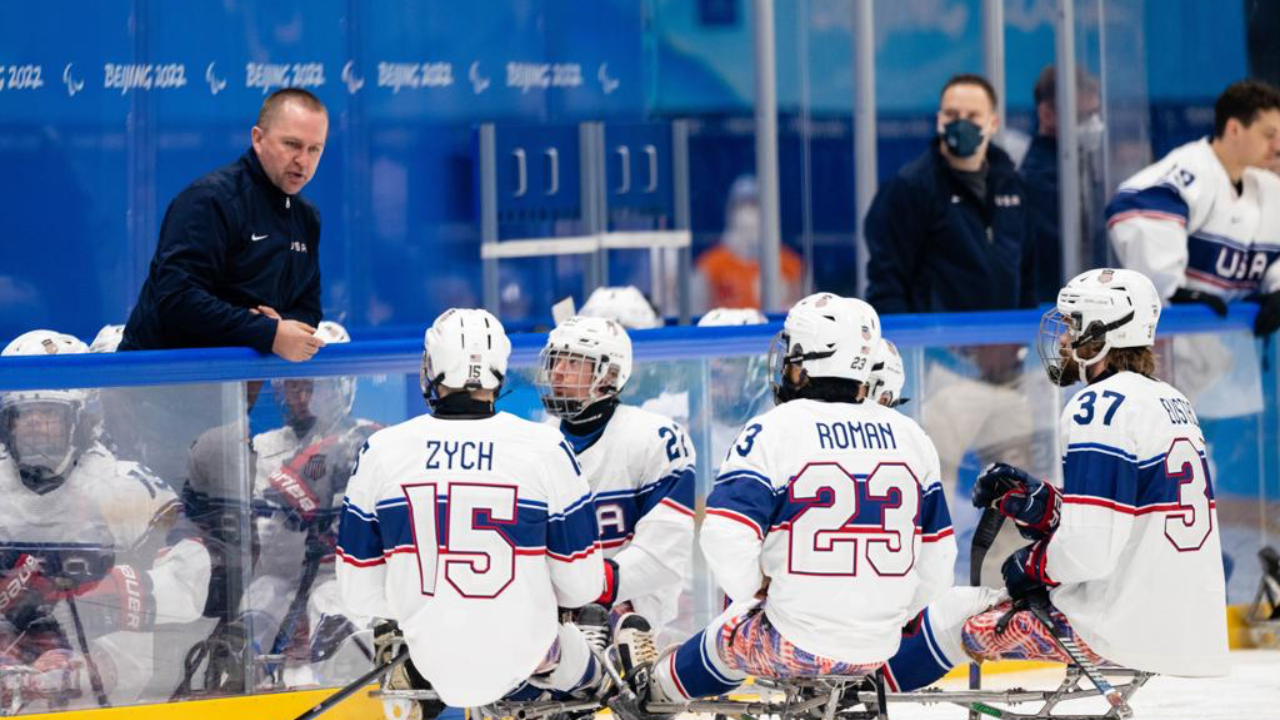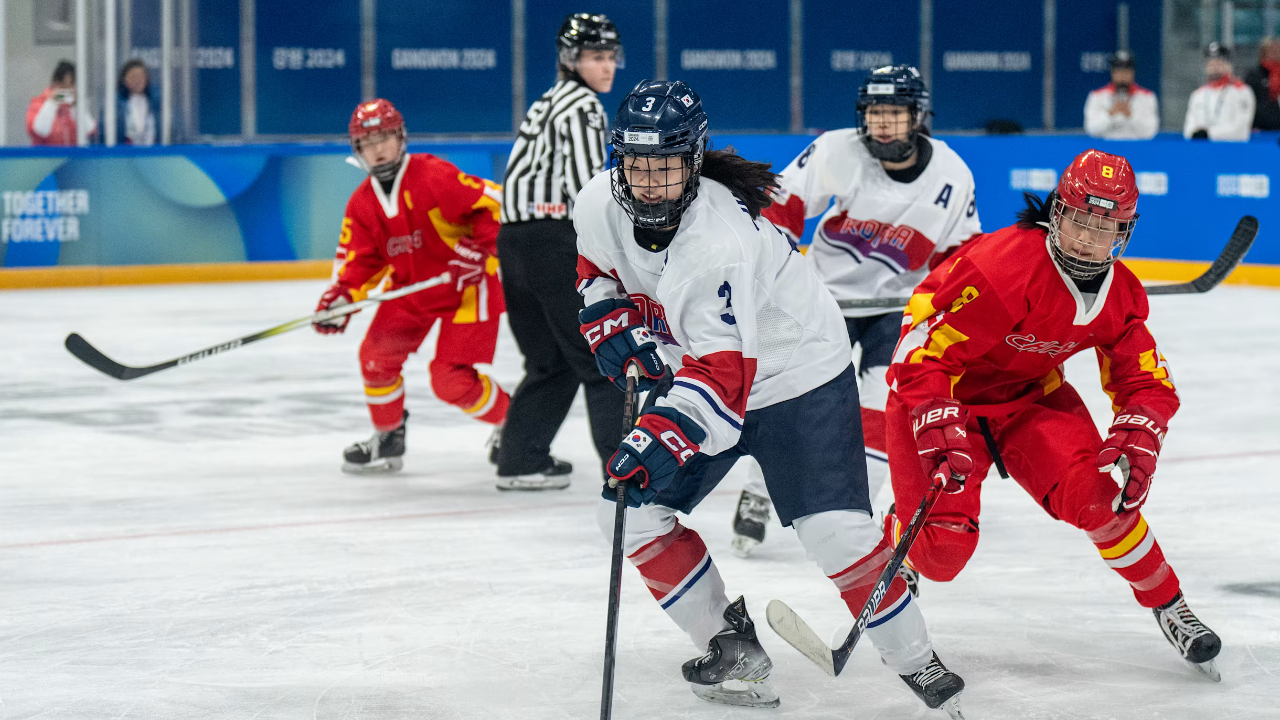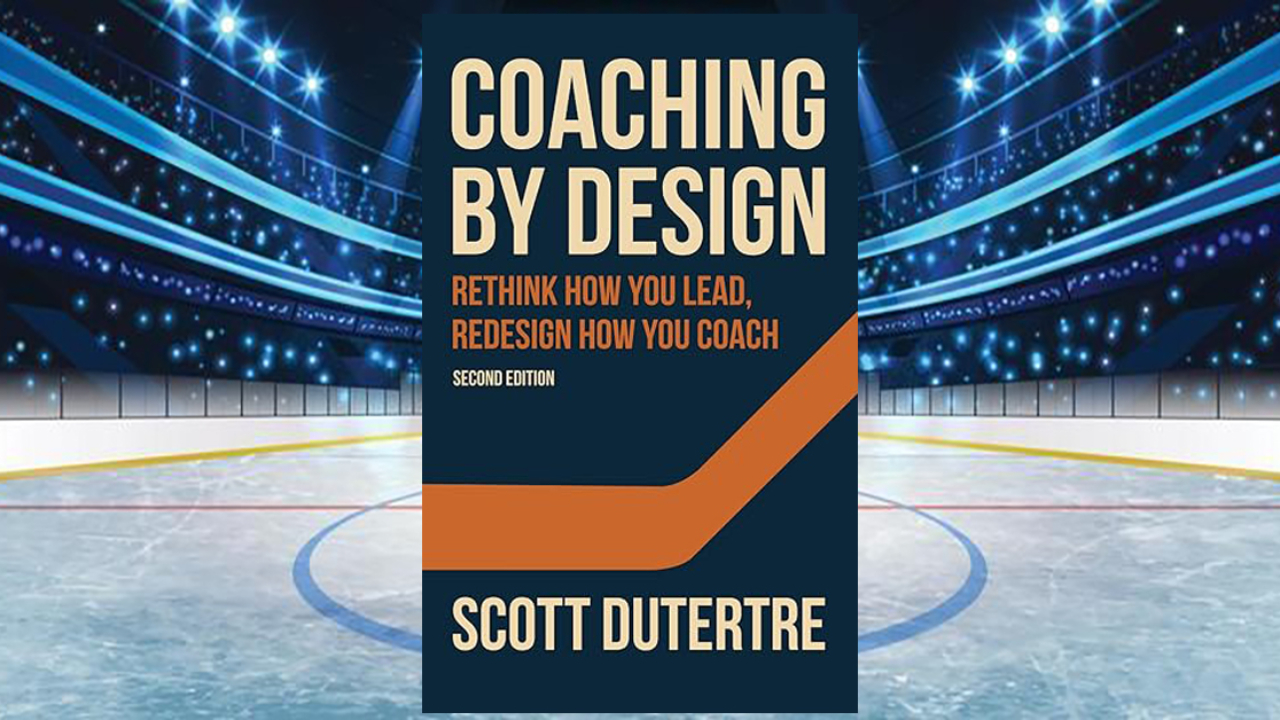
A couple of years ago, I started digging into a project to figure out better ways to build more connected teams. I kept noticing this growing gap between today’s players and coaches, and I wanted to understand what was causing it. Pulling from both sides of my world, coaching and design, I started putting together a research document to make sense of it all. That document eventually turned into a book called Coaching By Design. It’s a hands-on guide for coaches who want to lead with more clarity and purpose, using the design process to shape team culture on purpose instead of just hoping it all clicks.
Since putting out the first edition, the game (and the players) keep evolving. Coaches in minor hockey are already working with Generation Alpha, and they’re about to start showing up in junior hockey too. This article includes some fresh thinking and a new excerpt that looks at where coaching is headed and how we can be ready for the next wave. If you’ve already picked up the book, I wanted to make sure you had access to this new piece of the puzzle.
The Future of Coaching: Adapting by Design
As Generation Alpha steps onto the ice, the role of the coach is changing again…and fast.
The future of coaching won’t be defined by who knows the most drills or has the best systems. It will be shaped by who can communicate with clarity, create cultures that connect, and design experiences that engage a new kind of athlete. The rigid, top-down model of command-and-control coaching is giving way to something more dynamic, more human, and more collaborative.
From Authority to Empathy
Tomorrow’s players won’t respond to titles alone. They need to feel respected before they listen, and understand why before they buy in. That doesn’t mean coaches lose their edge, it means they evolve their influence.
Design Insight: Influence is built through empathy, not authority.
Coaches who lead with curiosity, listen actively, and adjust their delivery based on who they’re coaching will outperform those who rely on old-school intensity alone.
From Systems to Experiences
Practice plans aren’t just about skill acquisition, they are experiences that shape motivation, attention, and emotional connection. The best coaches of the future will approach each session like a designer: with intent, structure, and flexibility.
- What are the players supposed to feel here?
- Where are they most engaged?
- What can we prototype and iterate?
Training won’t just be evaluated by technical outcomes, but by how well it fuels long-term development, team cohesion, and mental resilience.
From Control to Co-Creation
The next generation of athletes wants a voice; not to take over, but to be part of the process. That doesn't mean democracy on every decision. It means collaborative environments where players understand expectations, contribute ideas, and feel invested in outcomes.
Design Insight: Design is not done to people…it’s done with them.
The future coach is still the leader. But they’ll lead by designing systems of ownership, not just enforcing rules. They’ll blend structure with adaptability and shift from being the single source of knowledge to the facilitator of shared growth.
Design-Centered Coaching is the Way Forward
This isn’t about trading toughness for softness. It’s about trading rigidity for resilience, and tradition for intentional transformation. Coaching by design means using the same tools that designers use to solve complex human challenges (empathy, systems thinking, rapid iteration, and purpose-driven action) to lead a team.
The future of coaching is already here. It’s just not evenly distributed yet.
The coaches who thrive will be the ones who rethink how they lead…and redesign how they coach.
Generation Alpha (2010-2024)
Generation Alpha refers to those born from 2010 onward, making them the first generation to be entirely born into a world shaped by smartphones, streaming, and artificial intelligence. They are the children of Millennials and will be the most formally educated, technologically immersed, and globally connected generation in history.
They’ve never known a world without on-demand content, digital assistants, or touchscreen interfaces. Their early experiences (inside and outside of sport) are shaped by customization, convenience, and constant connectivity. These young athletes are growing up in households where mental health, emotional expression, and digital fluency are prioritized more than ever before.
Traits
Gen Alpha are true digital natives; technology isn’t a tool for them, it’s the baseline. From their earliest moments, they’ve used screens to swipe, search, and solve problems, which has shaped their expectation for interactivity in nearly every setting. Whether it’s a video session or on-ice instruction, they expect learning to be dynamic and engaging. Raised on short-form, fast-paced content, they’re highly visual learners who absorb information quickly but may tune out during lecture-style teaching or drawn-out explanations.
This generation is also being raised with a strong emphasis on emotional intelligence. They’re taught to express how they feel, ask questions, and seek understanding, not simply follow direction.
They tend to be more self-aware and communicative, but also more sensitive to how they’re coached and spoken to. Their worldview is shaped by hyper-personalized algorithms that cater to their preferences, building self-assurance but sometimes narrowing their exposure to discomfort, delayed gratification, or differing perspectives.
Above all, Alpha athletes are growing up in a safety-first culture that prioritizes inclusion and emotional security. They’re far less tolerant of fear-based coaching and are quick to disengage from environments that don’t feel safe or respectful.
Gen Alpha Hockey Experience (Note: This generation is still evolving)
As these kids start moving into organized hockey and higher levels of training, here are the trends coaches are starting to see and will need to adapt to:
Alpha players are highly coachable, but only when trust is firmly established. They respond best to coaches who explain why, not just what, and thrive in environments where they feel heard, respected, and included. Without that connection, however, they disengage quickly.
They are also extremely sensitive to tone, language, and body cues. Yelling, sarcasm, or passive-aggressive communication tends to shut them down rather than spark motivation.
Alphas are drawn to gamified learning; engaging more when drills feel like challenges or problem-solving tasks rather than routines. Their split-attention wiring makes them natural multi-taskers, but they struggle with sustained focus. Practices and video sessions must be clear, concise, and intentional.
Exposure to social media and highlight culture often builds inflated confidence without the reps to back it up, so coaches must help them develop real substance behind the flash.
Above all, they need psychological safety to take risks and grow. Accountability is still key, but it must be delivered through a lens of support, not fear.
Gen Alpha Coaching Design Insight
Design Principle 101: Design with the user in mind.
In the context of coaching, your “users” are your players, and Generation Alpha is the next evolution of that user base. Instead of resisting these changes, embrace them. Use design thinking to build practice environments, communication strategies, and culture touchpoints that align with how Gen Alpha learns, responds, and grows.
Coaching this generation won’t be about watering things down, it will be about meeting them where they are and building a system that helps them stretch beyond it.



